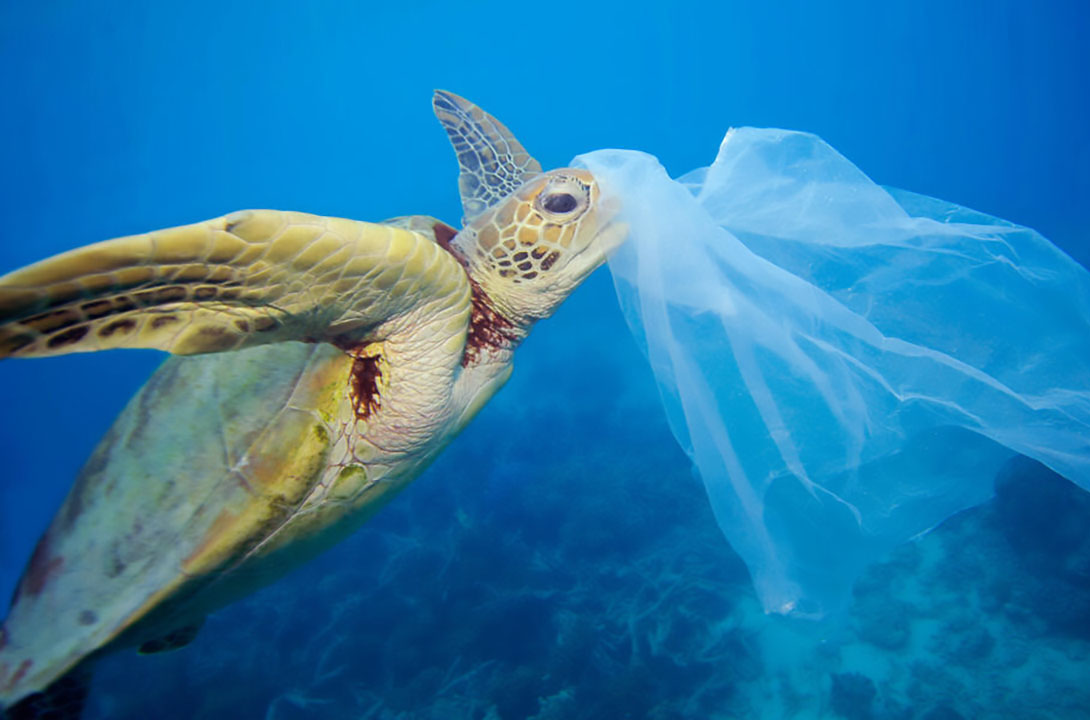Transitioning to Plastic-Free Products: A Guide to Ditching Disposable Items
Are you prepared to embark on a journey towards a more eco-friendly way of living? This comprehensive guide aims to assist you in transitioning to plastic-free products and reducing your dependence on single-use plastics.
In recent times, the environmental impact of plastic waste has become an increasingly urgent concern that most of us are aware of. Plastic pollution poses a significant threat to our planet, causing harm to wildlife, contaminating ecosystems, and contributing to climate change. Thankfully, by reducing our consumption of single-use plastic items, we can make a positive difference.
Swapping to Plastic-Free Products
Let’s delve into six common plastic items that you may think are indispensable. I will introduce you to some remarkable plastic-free products that I personally endorse, empowering you to make more sustainable choices in your everyday life.
1. Plastic Water Bottles
Plastic water bottles are major contributors to plastic pollution, and it’s astonishing how many single-use plastic bottles are shipped each year. Fortunately, there are various alternatives available to help eliminate this unnecessary waste. Investing in a reusable water bottle made of stainless steel, glass, or BPA-free recycled plastic provides a simple yet effective solution. By carrying a refillable bottle, you not only reduce plastic waste but also save money in the long term.
2. Single-Use Takeaway Containers
Takeaway containers, usually made of polystyrene or other plastic materials, are commonly used for food on the go. These containers often end up in landfills or as litter, taking centuries to decompose. While some sustainable changes have been enforced through single-use plastic bans in certain regions, single-use takeaway containers, even if made from biodegradable and compostable materials, are still in circulation.
When opting for reusable plastic-free alternatives, consider stainless steel, glass, or silicone containers. We encourage you to inquire with your local restaurants and cafes if they accept your own containers, and don’t forget to share your findings with us! Some recommended products include the Plastic Free On The Go Set, which consists of a mesh bag, cutlery set, and coffee cup, as well as the Biome Reusable container, a stack of four glass containers with wooden lids, and a stack of reusable nesting containers made of steel with silicone lids.
3. Single-Use Coffee Cups
Disposable coffee cups lined with plastic are another significant contributor to plastic waste. Due to the combination of materials used in their construction, these cups are rarely recyclable. Embracing sustainable habits like carrying a reusable coffee cup can make a substantial difference. Many coffee shops even offer discounts to customers who bring their own cups, creating a win-win situation for both the environment and your wallet.
4. Plastic Shopping Bags
Plastic shopping bags have become ubiquitous in our daily lives, but their impact on the environment is devastating. These bags often end up in oceans, rivers, and landfills, harming wildlife and ecosystems. To reduce the use of plastic bags, opt for reusable shopping bags made from fabric, jute, or recycled materials. Keep a few of these bags handy in your car or backpack, ensuring you are always prepared for your shopping trips.
5. Cling Wrap or Saran Wrap
Cling wrap, also known as saran wrap, plastic wrap, or cling film, is a single-use plastic item commonly used for food storage. However, it is non-recyclable and contributes to pollution. Instead of relying on cling wrap, make the switch to reusable alternatives such as beeswax wraps or silicone food covers. These alternatives can be washed and reused multiple times, significantly reducing your plastic waste.
6. Plastic Toiletries
Plastic toiletries, including shampoo bottles, body wash containers, and toothpaste tubes, generate a considerable amount of waste
Transitioning to plastic-free alternatives can have a substantial positive impact on the environment. Look for products packaged in glass, metal, or cardboard, and explore zero-waste stores or refill stations that allow you to purchase products in bulk or refill your existing containers.
Stepping into a Sustainable Future through Plastic-Free Products
By eliminating or reducing the use of these six plastic items – water bottles, single-use takeaway containers, coffee cups, shopping bags, cling wrap, and toiletries – we can contribute to global efforts in combating plastic pollution. Remember, every small step towards a more sustainable lifestyle makes a difference. Let us embrace the power of conscious consumerism by making choices that prioritize the health of our planet. Together, we can create a brighter, cleaner future for future generations.

